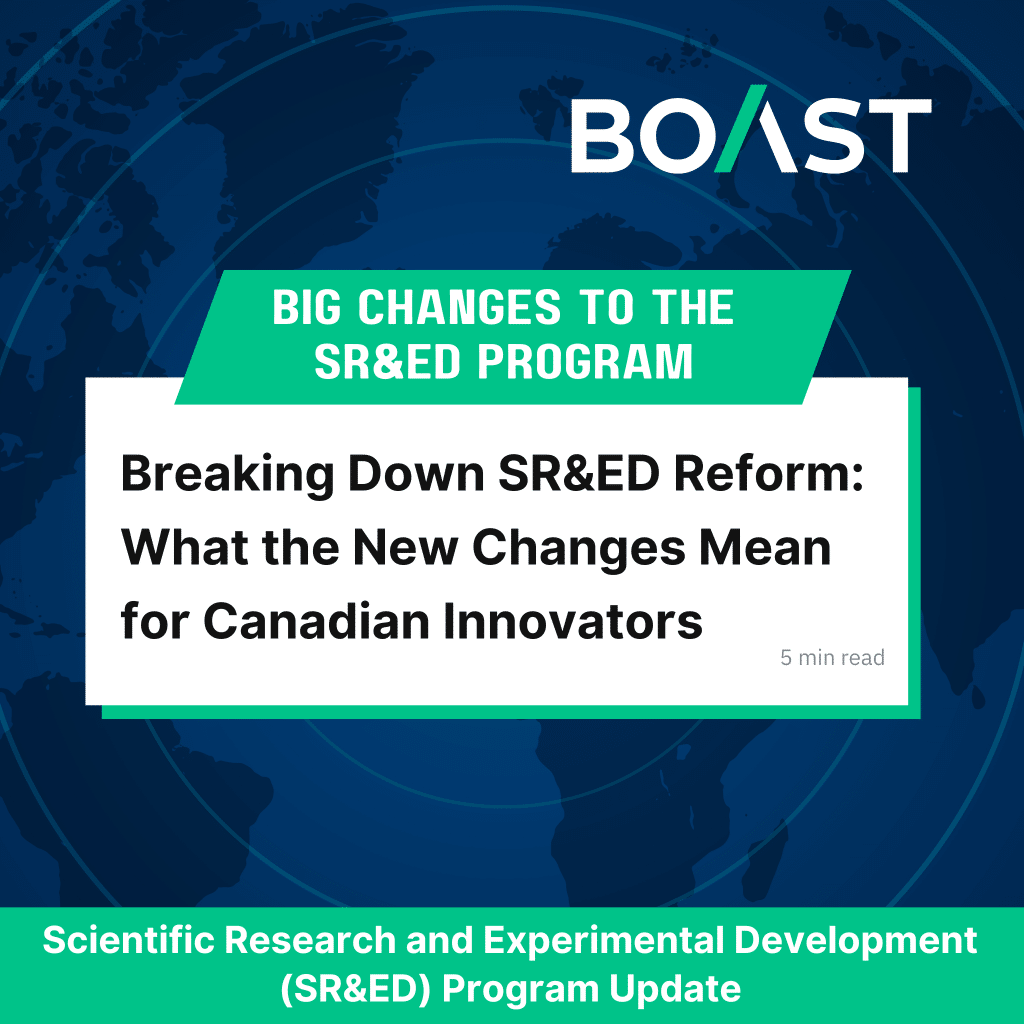The IRS is looking a lot different in 2023 than it did just a few years ago, as the agency has gone on a hiring spree—while also embarking on a digital transformation—thanks to a major cash influx from the Inflation Reduction Act (IRA).
As part of the IRA, the IRS was allotted $80 billion one year ago to improve lagging taxpayer services and start closing the estimated $7 trillion tax gap anticipated to go uncollected over the next decade.
Despite losing $20 billion of the IRA funding as part of debt limit negotiations earlier this year, the IRS now touts nearly 90,000 staffers—the largest total in more than a decade. This is up from only 79,070 employees in 2022.
“I believe that if we are funded in our base, that with the $60 billion [from the IRA], we can build momentum to prove to Congress and the American people that investments in the I.R.S. pay off for taxpayers in a way that’s very positive,” Daniel Werfel, the I.R.S. commissioner, told the press this week.
Faster taxpayer services—and faster claim processing?
The top priorities for the IRS outlined by Werfel include digitizing paper tax filings for 2023 and going forward, as well as improving responsiveness to taxpayers.
Already, average wait times for calls to the IRS have dropped from 28 minutes to 3 minutes since receiving the cash infusion. At the same time, the agency was able to clear a backlog of 20 million unprocessed tax forms.
This is a boon for the widest swath of taxpayers, who can expect far fewer delays in receiving their tax claims as a result of a beefed-up IRS.
Werfel was careful to emphasize that he’s leading a “friendlier” IRS than in years past, having previously announced that it would limit the number of unannounced visits to taxpayers conducted by agents. The goal is to not only reduce taxpayer anxiety, but to also curb an influx of impersonators pretending to be IRS agents.
Although the new hires have by-and-large been focused on customer service, the IRS has also been scouring accounting and law firms for talent, as well as bringing more data scientists into the fold.
The goal of these staffing initiatives is to ultimately broaden the capabilities of the agency to understand which taxpayers should be audited.
More focus on audits going forward
With fresh staff, a boost in funding and more access to data science and accounting expertise than it’s seen in a decade, the IRS is inevitably going to uncover more errors and, as a result, embark on more audits as filings roll in for 2022 and going forward.
The announcement of new funding comes as many startups and small businesses across the country are working to complete their claims in the leadup to critical October tax extension deadlines.
Already, businesses are contending with higher tax bills and a more complicated federal R&D tax code as they file this year, with new rules around amortization and capitalization coming into effect (see our Section 174 coverage here). There’s also been continued fallout from recent tax court rulings and even more confusion around Section 41 qualifications that have made filing for many small businesses a bit of a guessing game.
Ultimately, businesses need to be sure that they are providing the most detailed claims they can when filing this year to ensure they aren’t caught up in an audit that could hold up their access to critical capital.
If you’re a startup founder who is working toward the October tax extension deadline, now is the time to synchronize your critical financial and workflow data to create a robust claim that maximizes your access to tax credits, and is sound against any threat of audit.
At Boast AI, we recently enhanced our platform to help businesses do just that. By seamlessly enabling the integration of key resources, our Enhanced AI Classifier can seamlessly categorize your projects, providing SMEs with swift claim processing and impeccable audit-ready records.
Unleash your product roadmap’s true potential and redefine your funding approach. Schedule a call with our team today and witness how Boast AI shapes your path to success.





